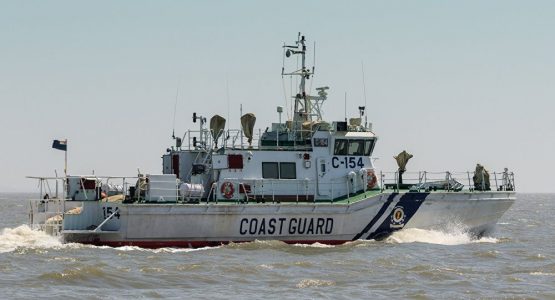
Security beefed up after intel of ISIS presence in coastal India
The Indian coastal state of Kerala has formed coastal intelligence wings to ensure fool proof security in the wake of intelligence inputs suggesting at least 15 ISIS (Islamic State) terrorists to have reached from Sri Lanka using maritime route. The state administration has formed coastal intelligence wings across 18 police stations in the State; Kerala Chief Minister Pinarayi Vijayan said on Tuesday.
“In addition to coastal intelligence wings, coastal vigilante committee was also formed with active participation of coastal residents and to ensure vigilance,” the chief minister said after presiding high-level meetings on Tuesday.
State police chief Loknath Behera also held a meeting with coastal guard and intelligence personnel on 27 May. Behera said the intelligence, coastal security, local police, and Quick Reaction Team (QRT) have been alerted about any possible threat from the terror group.
“Kerala’s coast is fully covered. It’s always better to be alert rather than complacent. Intelligence, coastal security, local police, and QRT have been alerted. We are ready, people should not feel insecure,” Behera said.
“We have been on alert since the Sri Lankan attack. We have alerted fishing vessel owners and others venturing into the sea to be cautious,” a coastal police department official told the Press Trust of India (PTI) news agency. A two-member team of the National Investigative Agency (NIA) has also travelled to Sri Lanka to join the 21 April serial bombing probe in the capital Colombo that has some close link with the southern states of Tamil Nadu and Kerala.
“The Navy has come to know through the reports in local and Indian media that some 15 local IS members were moving to India’s Lakshadweep islands through the sea route,” Sri Lankan Navy spokesman Isuru Suriyabandara told PTI on 27 May.
On 21 April, eight coordinated serial blasts killed 253 people and injured over 500 others across Sri Lanka. ISIS claimed responsibility for the Easter Sunday blasts.
Source: Sputnik





